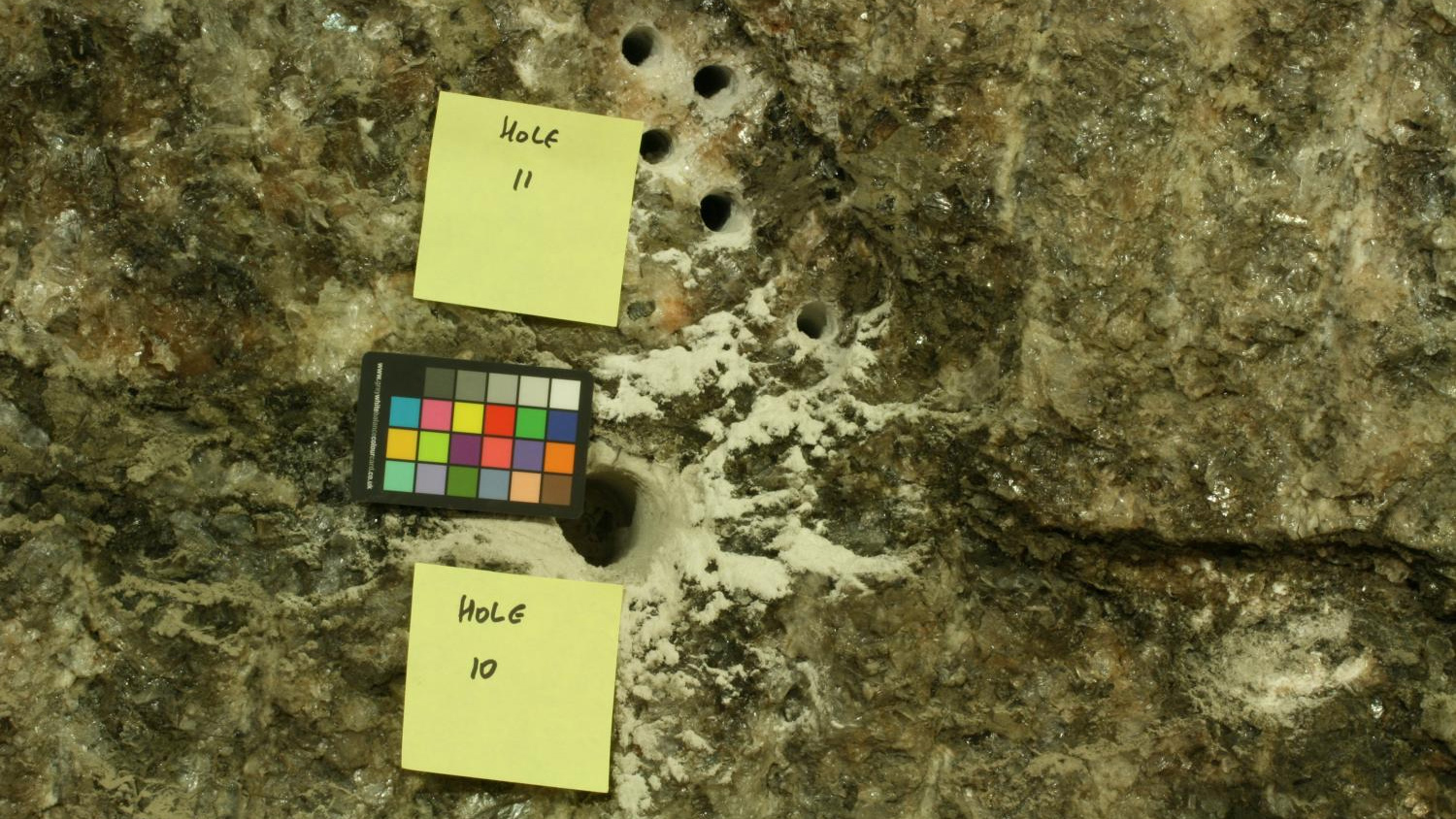Need to train robots for Mars? Send them to Yorkshire
A salt mine is helping to optimise rover vision

Sign up for breaking news, reviews, opinion, top tech deals, and more.
You are now subscribed
Your newsletter sign-up was successful
Part of our quest to prepare mankind to become a multi-planetary species involves practice - and lots of it. While it's pretty costly to fly things to Mars, it's quite cheap to find Mars-like environments on Earth to test the components we'll be taking with us.
Test sites have so far included the deserts of Utah, a crater in the far north of Canada, the dry valleys of Antarctica, the Norwegian island of Svalbard and many more. But now we can add a new entry to that list - a salt mine in Yorkshire.
Hostile Environment
Researchers from the University of Leicester have been venturing down Boulby salt mine near Middlesbrough, which stretches a kilometer below ground and out under the North Sea. The environment there is very salty, which makes it hostile to life but also a good analog for the hostile environment on Mars.
"In these areas we see polygons marked out in the ground similar in some ways to the Giants Causeway on Mars. Underground we can see these same polygons on the ceiling and walls of tunnels," explained Peter Edwards - a PhD student from the Department of Physics and Astronomy.
"Salty environments are typically hostile to life but certain types of micro-organisms can adapt to these hostile conditions - we call these halophiles. By investigating the difference between the dark outer edges of these polygons compared with the lighter inside we can work out where to direct rovers on Mars when searching for life in these similar conditions."
Laser Spectrometer
That's going to be handy pretty soon, as the European Space Agency is currently building the ExoMars rover, due to launch in 2020. The camera mounted on the rover will be equipped with a laser spectrometer to study rock samples and search for signs of life, and it's this spectrometer that the team is working on improving.
"Further work with the data from the mine and samples recovered from the mine will allow us to investigate them in much greater detail helping us to plan the targets for future missions to Mars," said Edwards.
Sign up for breaking news, reviews, opinion, top tech deals, and more.
- Duncan Geere is TechRadar's science writer. Every day he finds the most interesting science news and explains why you should care. You can read more of his stories here, and you can find him on Twitter under the handle @duncangeere.
